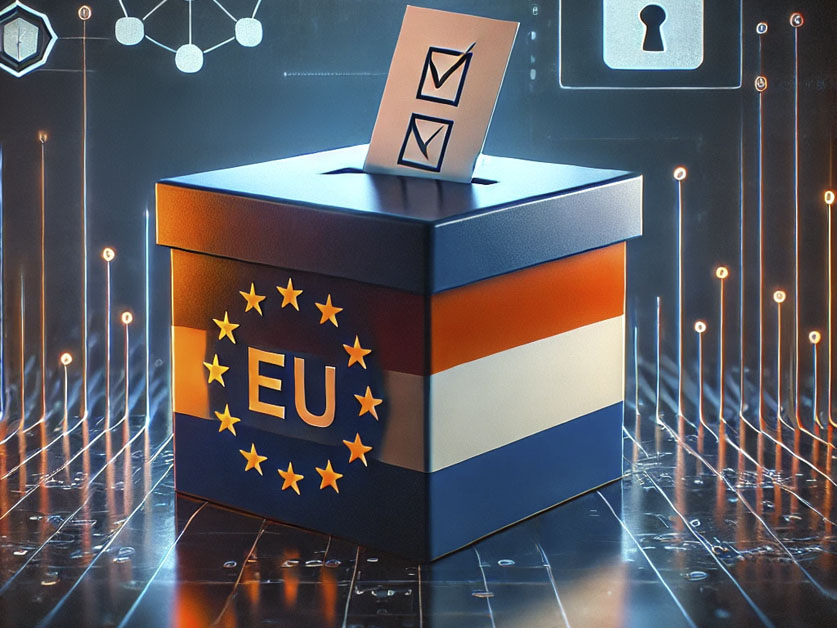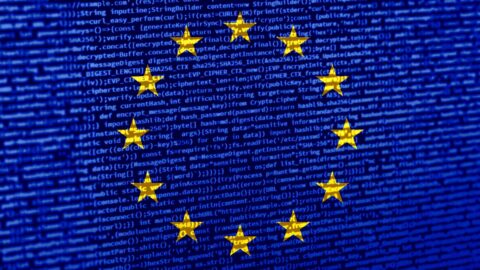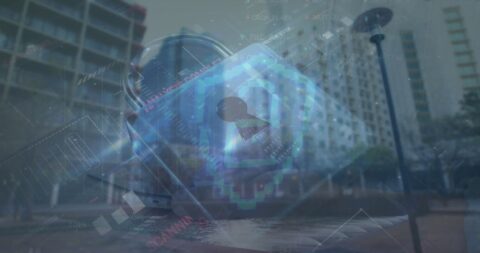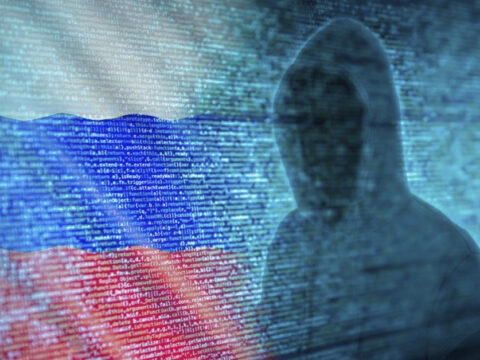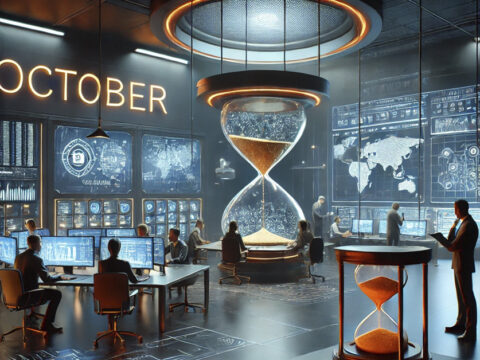Dutch Political Websites Hit by Cyberattacks as EU Voting Begins
As the European Union elections kicked off, Dutch political websites faced a significant surge in cyberattacks. The attacks, which have raised concerns about election security, targeted various political parties and government sites, causing disruptions and highlighting the ongoing threat of cyber warfare in the digital age.
Wave of DDoS Attacks The attacks, primarily Distributed Denial of Service (DDoS) in nature, aimed to overwhelm the targeted websites with massive traffic, making them inaccessible to the public. On June 6, 2024, one of the most intense attacks reached a peak of 73,000 requests per second, effectively crippling several websites for hours. These attacks are believed to be politically motivated, with tensions rising across Europe amid elections and geopolitical shifts.
Election Security Under Scrutiny The incident has placed Dutch election security under intense scrutiny. As voters headed to the polls, the cyberattacks disrupted online resources, potentially impacting public access to vital election information. The National Cybersecurity Centre (NCSC) has been actively monitoring the situation, though the exact source of the attacks remains unidentified. This event has highlighted the need for robust cybersecurity measures to protect democratic processes from external interference.
Geopolitical Implications The timing and scale of these attacks suggest possible connections to broader geopolitical tensions. Similar patterns were observed in other EU countries, where cyberattacks spiked during key political events. The Dutch government and cybersecurity experts are investigating whether these attacks are part of a coordinated effort to influence or destabilize the elections.
As the Netherlands continues to strengthen its cybersecurity defenses, this incident serves as a stark reminder of the vulnerabilities that exist in the digital landscape, especially during critical democratic processes.
Sources:
